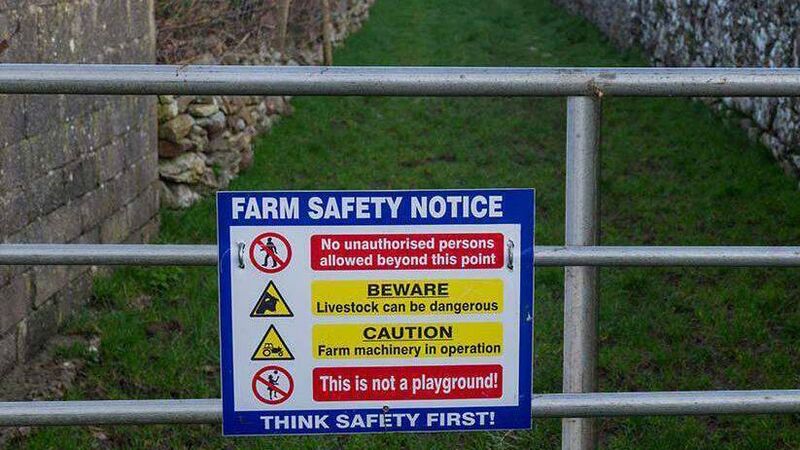Farm safety group will target area where half have had accidents

A farm safety survey revealed that 45% of respondents said they didn't actively engage with and implement their Code of Practice Risk Assessment.
A farming community where nearly half of those polled said they have had injuries or near misses in the last three years is being helped by the Farmers4Safety project.
The lessons learned by those taking part in the project will undoubtedly save lives, if this pilot project is extended nationally.











